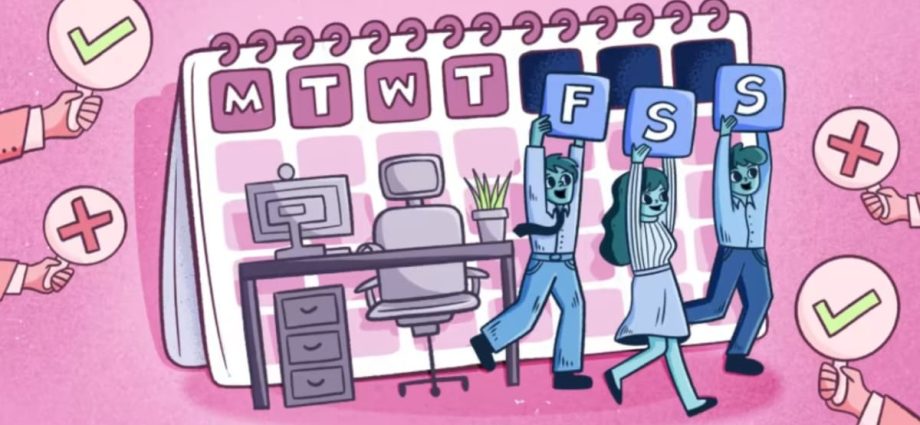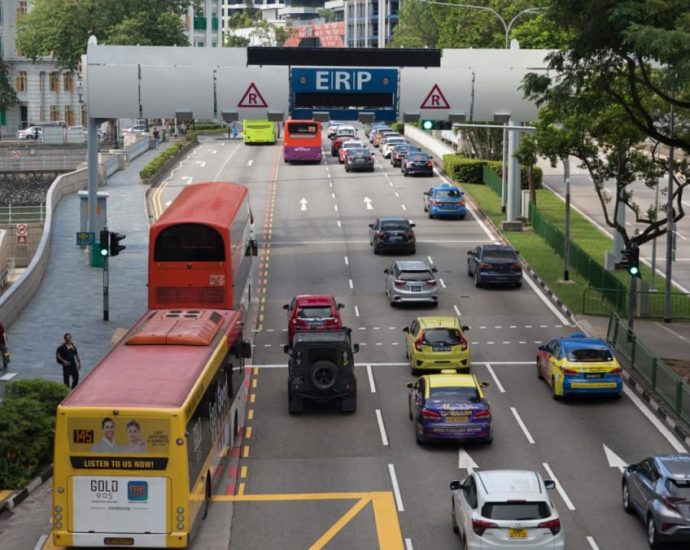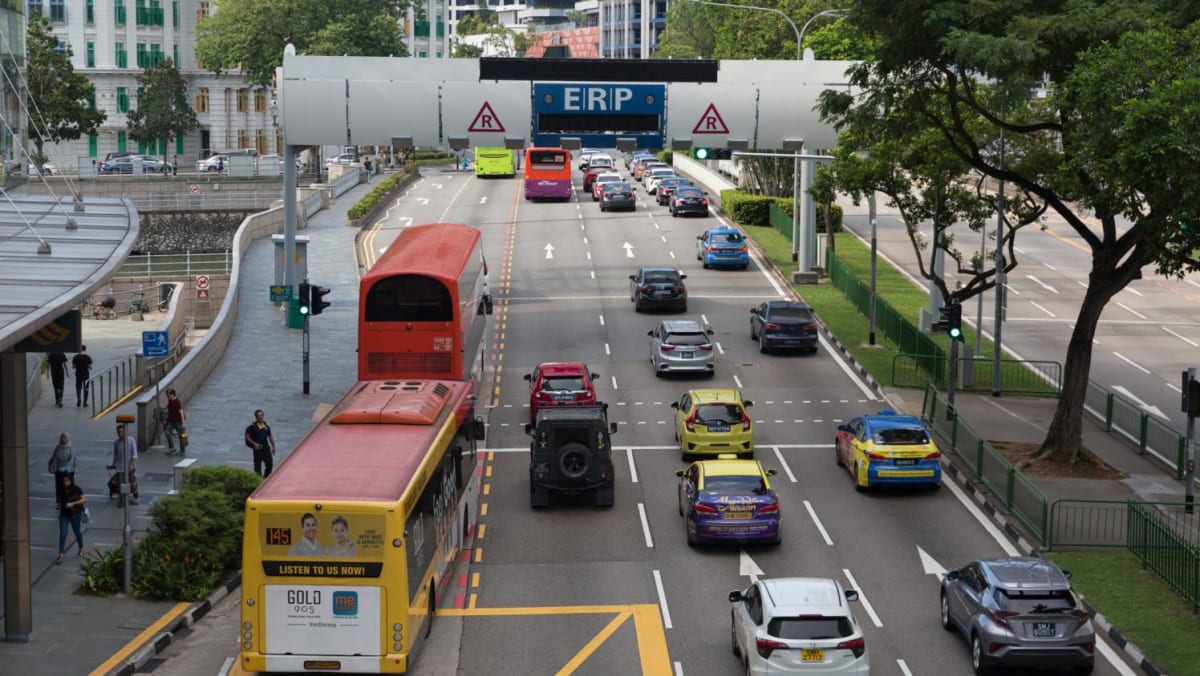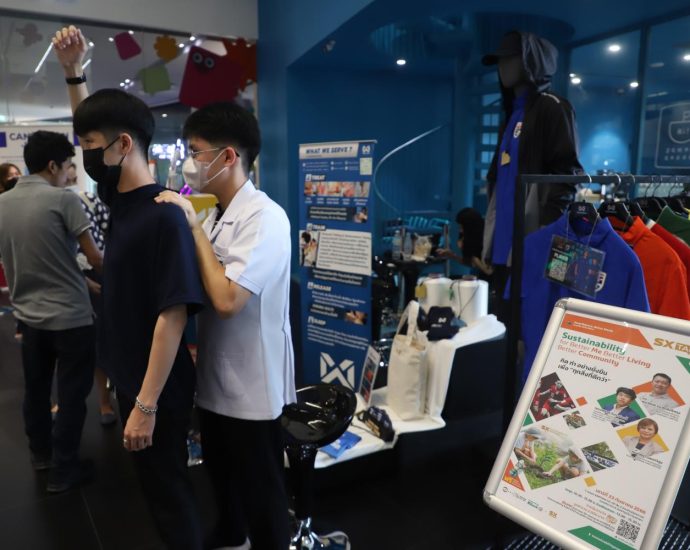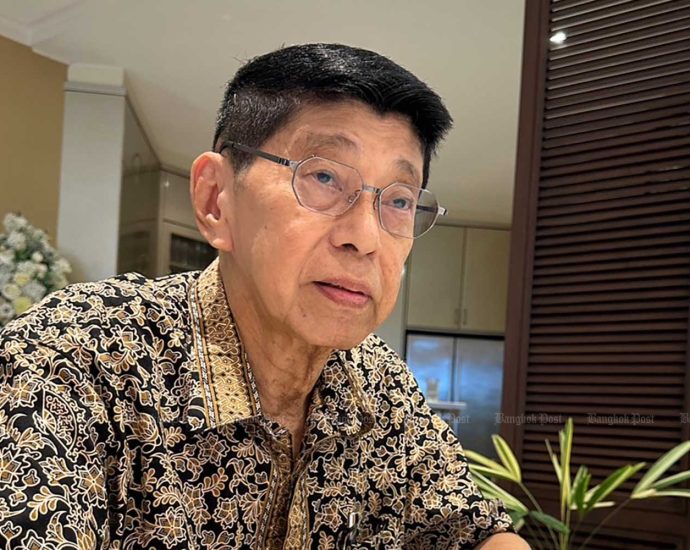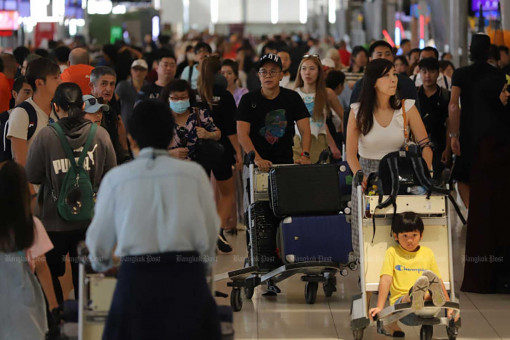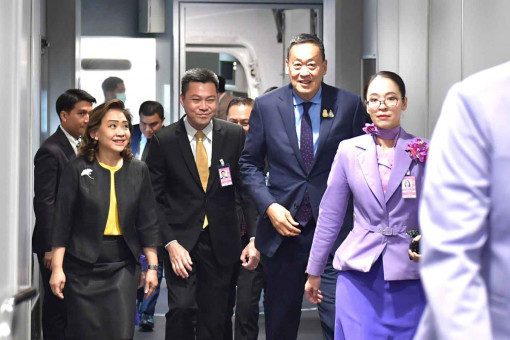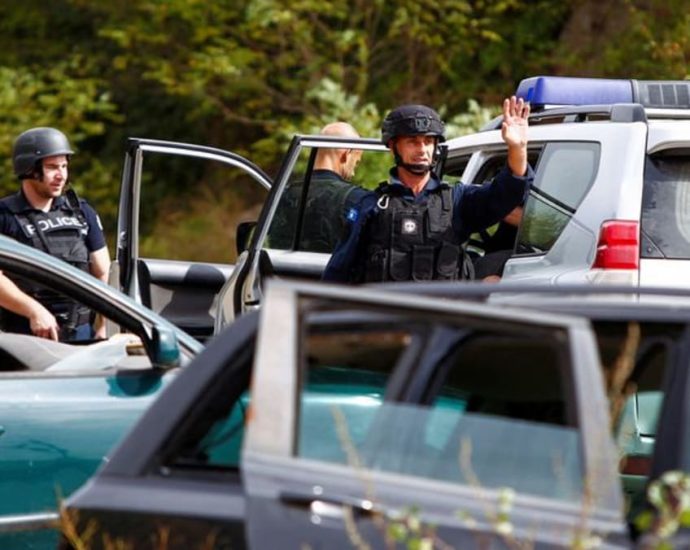The Big Read: Is 4 the new 5? Clamour for 4-day work week but it may not be viable for all
Young employees working regular five-day weeks told TODAY recently that they largely welcome the notion of a shorter work week. However, given that they already frequently work beyond their official hours to complete their tasks, they dread having to stretch their work days even longer to make up for theContinue Reading

